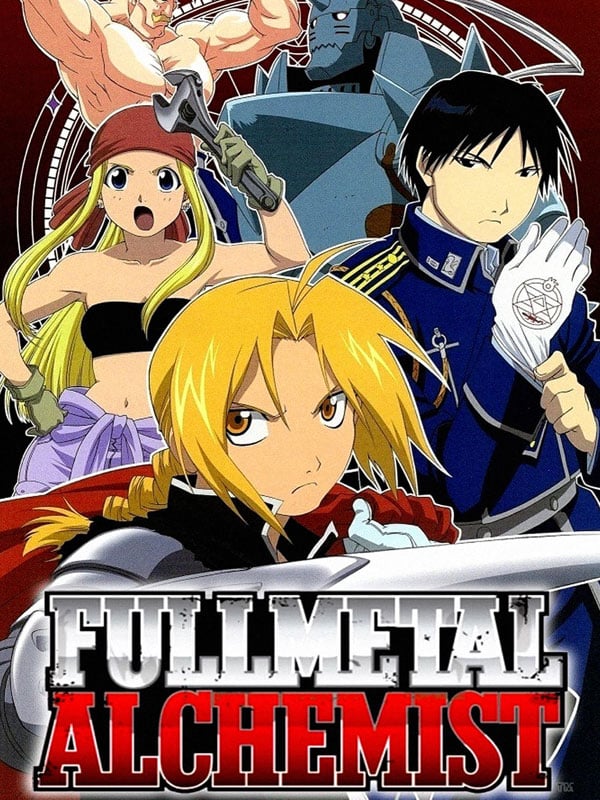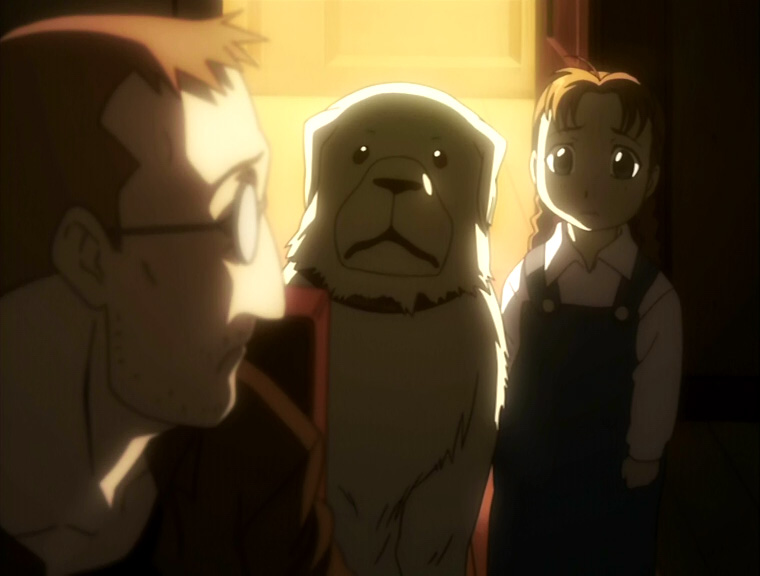
Whereas Brotherhood treats Shou and Barry as minor antagonists, FMA 2003 spends more time on their development over multiple episodes in order to make each of their fates that much more impactful. Tonally speaking, the original Fullmetal Alchemist was darker and more serious, supported by a focus on some of the more emotionally-driven characters in the series, such as Shou Tucker and Barry the Chopper. While the overall concepts of FMA and Brotherhood are similar, their tones, main antagonists, and endings differ. Though Brotherhood gets more love for being closer to the manga's source material, 2003 still has a large following of fans who appreciate its difference in personality and uniqueness.


Because Arakawa had the ending of the manga prepared far in advance and the 2003 anime was going to finish before her story would, she wanted the developers of FMA 2003 to create an alternative narrative that wouldn't interfere with her own. Notably, these differences are not by accident. While this anime adaptation does not strictly follow Arakawa's story, the original anime is still well-crafted, with great animation and a darker atmosphere. Brotherhood was started after Hiromu Arakawa was already much further into the manga, thus allowing the anime to stay truer to her original story.Īfter getting a feel for the FMA universe and what it's all about, fans would then be recommended to check out the 2003 rendition of Fullmetal Alchemist to get a sense of where the stories diverge.

Fans looking to get the whole picture and an experience more faithful to the source material should start with Fullmetal Alchemist: Brotherhood.


 0 kommentar(er)
0 kommentar(er)
